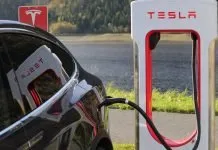In a world where every dollar counts, the prospect of saving a staggering sum of $15,000 over five years on gas expenses is nothing short of a financial revolution. Tesla Model 3 not only promises an exhilarating electric driving experience but also puts a significant dent in the traditional fuel budget.
Imagine a future where the pump becomes a distant memory, replaced by the simple act of plugging in your vehicle overnight. Even when factoring in the cost of electricity to charge the car, the astute owner still emerges with a wallet-pumping surplus of over $11,000.
How is this possible, and what makes the Tesla Model 3 the undisputed champion of electric ride?
Join us as we delve into the electrifying details of this financial and environmental revolution, unlocking the secrets behind the $15,000 windfall that could redefine your EV knowledge and reshape your financial terrain.
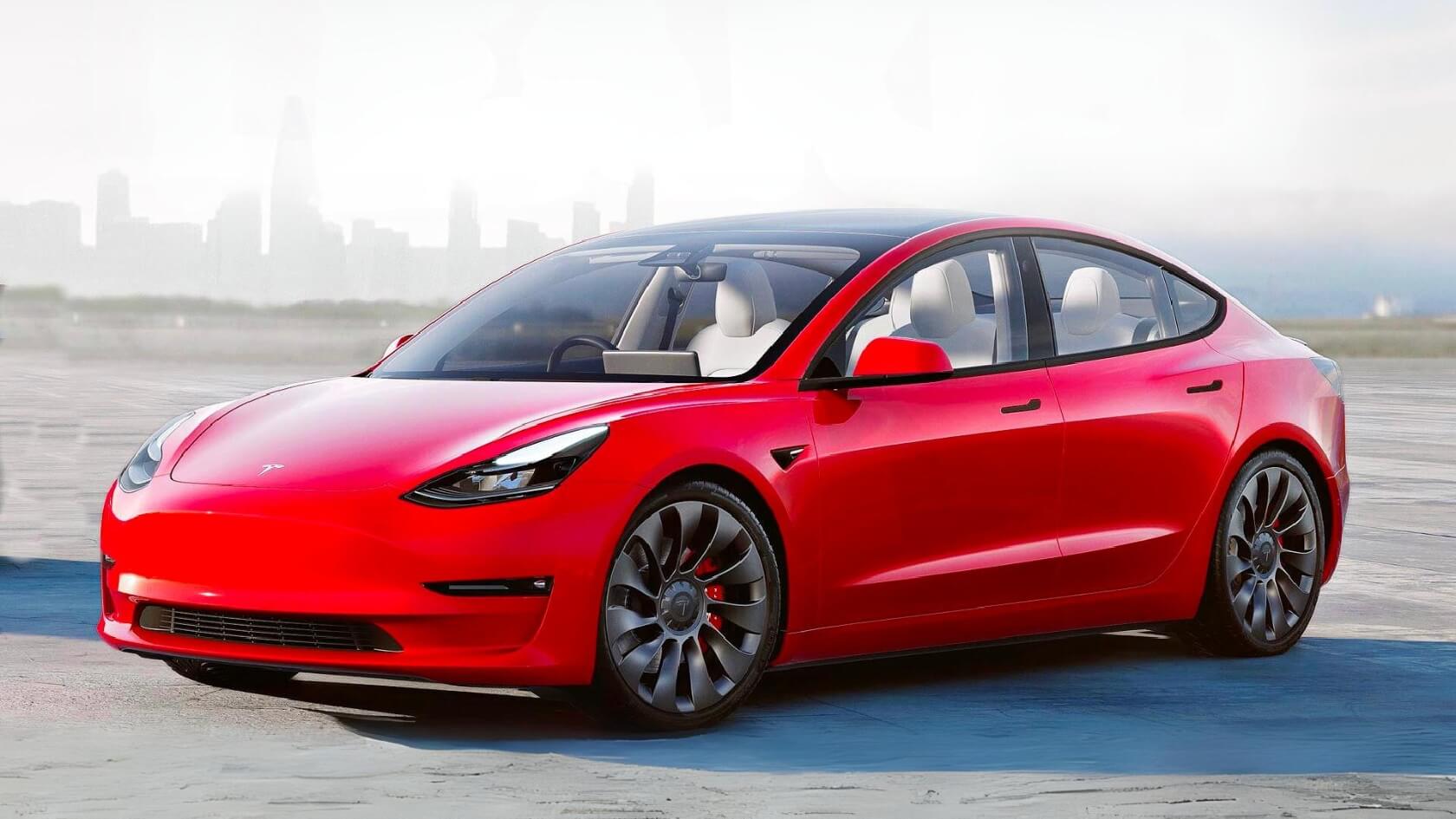
Table of Contents
Tesla Model 3 Cost of Ownership
According to a YouTuber Andy Slye, who owns a Tesla Model 3, he managed to save an amazing $15K on gas.
Slye, shared his firsthand experience with his 2018 Tesla Model 3, after crunching the numbers on operating costs over five years and an impressive 136,000 miles. He spends $4,573 to charge his EV in five years.
Comparing this data to the fastest Toyota Camry model of the same year – an industry stalwart averaging 26 miles per gallon – Slye unveils a stark contrast. The total gas cost for the Camry to cover the same distance, factoring in an average gas price of $3 per gallon, tallies up to a staggering $15,692.
A significant revelation emerges as Slye discloses that an overwhelming 94 percent of his Tesla’s charging occurred conveniently at home, stating the practicality and accessibility of residential charging solutions. The remaining 6 percent of charging took place on the road, using hotel chargers and supercharger networks.
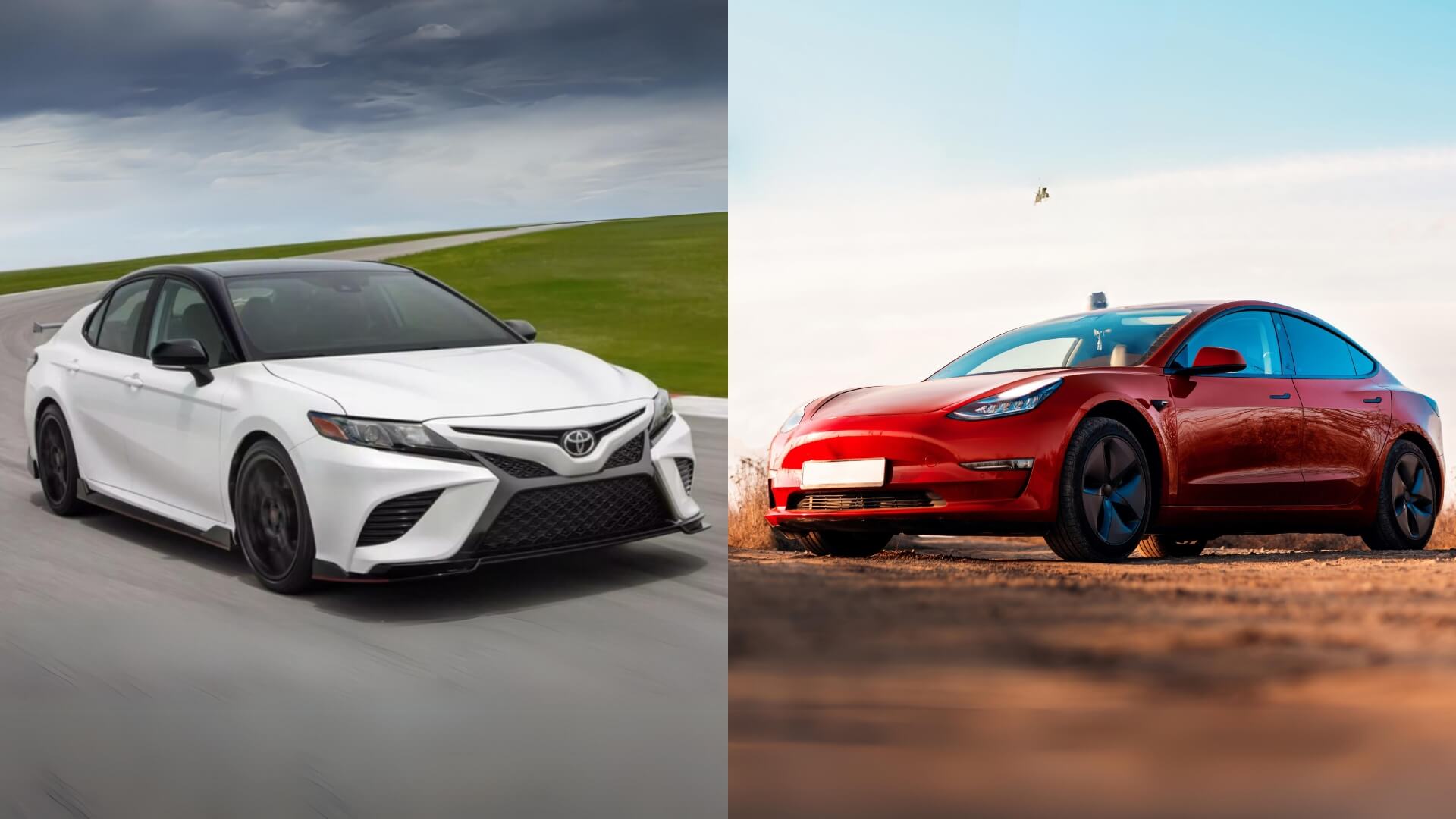
Now, let’s break it down in simpler terms.
Gas Cost for 10 years: $15,692
EV Charging Cost: $45,73
It’s a substantial figure, one that puts into perspective the expenses of combustion engine vehicles over extended periods.
Electric vs Gas Cars
Andy seems to be in complete awe of his Tesla but he has his own good reasons for the love. He says that many people bash EVs online saying an EV would not last for 10 years or longer, an average length of owning a car from the top 10 list in USA according to iSeeCars.com.
He crushes such comments saying that he drove equivalent miles on his Tesla Model 3 that an average ICE car of 10 years would. He goes on to explain how buying an EV makes so much sense but people still find it difficult to take the leap.
Charging an Electric Car vs Gas
People think that finding a charging station or waiting for the vehicle to charge at a charging station is going to take a lot much time. They think filling up their ICE vehicles is much simpler and hassle-free as they can find them anywhere and takes only minutes. However, what they don’t understand is charging could be the best part of owning an EV.
Charging overnight in the comfort of your own home is like owning your own fuel pump that costs pennies in front of gas prices. Slye explains how he mainly charges his Tesla in his garage and finds it more convenient than stopping at a gas station at least twice every week.
Not having to visit a gas station for fuel saves money as well as your precious time and only requires minimal effort on your part. Charging overnight. Many would agree that not having to visit a gas station can save them from getting late or getting stuck in worse traffic situations.
Another point that Slye brings out actually deserves a big shout-out but is still conditional, is the food. Yes, stopping to fill your fuel tank often comes with unnecessary spending on unhealthy junk food and other spending at those gas stations. Moreover, he says the gas pump handles are just gross to touch and fill the tank.
Slye sums up all these issues as the biggest reasons that compelled him to spend way more money than a gas car to buy a Tesla. He even shared how much he spent on his 2018 Tesla Model 3 including all additional upgrade costs which totals $56,000.
Tesla Model 3 Charging Cost
Andy Slye offers an in-depth analysis of his five-year journey as a Tesla owner, particularly focusing on the charging aspects. So, Andy Slye compared his Tesla Model 3 to a regular car, like the fastest Toyota Camry from the same year.
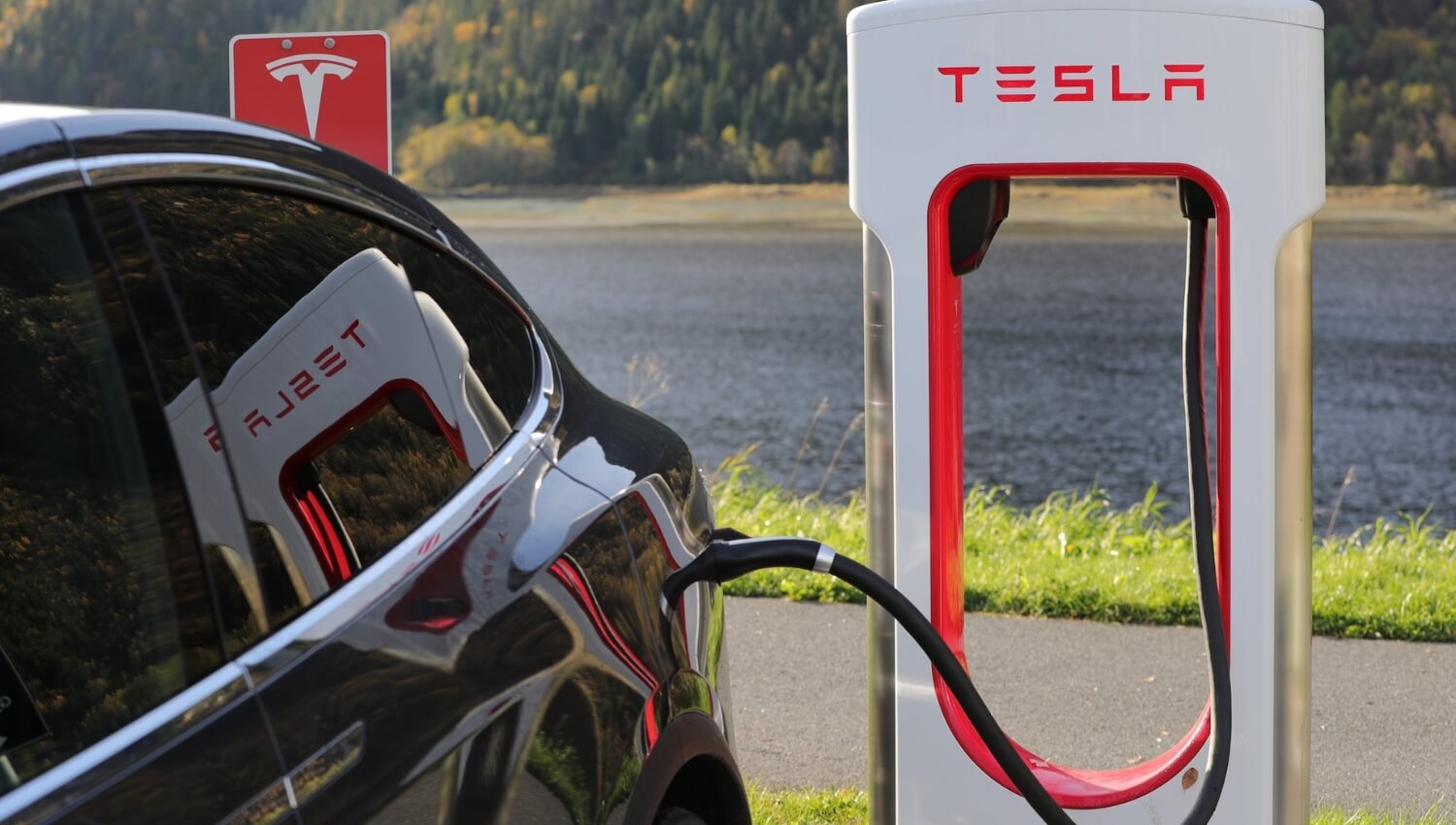
The Toyota would cost about $15,692 in gas to travel the same distance. He even mentions that there are some downsides to buying an EV, specifically about owning and installing a home charger. However, many EV owners can easily get by with a standard charger if they drive 50 miles or less every day. They only need to plug in a standard outlet and leave their EVs to charge overnight to get enough juice and not spend on an additional home charger.
Slye drove as much as a 10-year-old gas car in only five years of ownership, so he cannot get by using a standard charger. He invested in a NEMA outlet to charge his Tesla using 30% tax credit savings and paying $940 for the installation.
But here’s the cool part: Slye also counted how much it cost to charge his Tesla at home and on the road over five years. Slye mentions that he takes about two road trips every year.
So, he adds 1500 miles for a year after reducing the first 300 miles for every trip as he would leave with a full charge from home. This brings down his total travel charge to 6% and the home charging to 94%.
His odometer reads 136,314 miles with total energy consumption to be 34,326 kWh. But he also factors in the wall-to-wheel efficiency as not all the charging from the grid is used by the EV which is about 94%. Also, the phantom drain on his car that sums the idle time of the EV where charging depletes is 2%. This brings up the total kWh to 37,310 to compensate for the energy lost.
Charging at Home
- Total kWh: 35,072
- Total Cost: $2,805
Charging at Station
- Total kWh: 2,239
- Total Cost: $828
Total Charging Cost: $3,633
It adds up to $4,573 when you add the home charging station cost of $940. So, when you do the simple math, it turns out Slye saved a whopping $11,119 by picking the Tesla Model 3 over the regular car during those five years. That’s a lot of money saved!
Why Electric Vehicles Are Better Than Gas
Choosing an electric vehicle isn’t just a trendy move anymore—it’s a smart one. Looking at EV owners like Andy Slye, it’s clear that going electric has some serious perks. Why they are better?
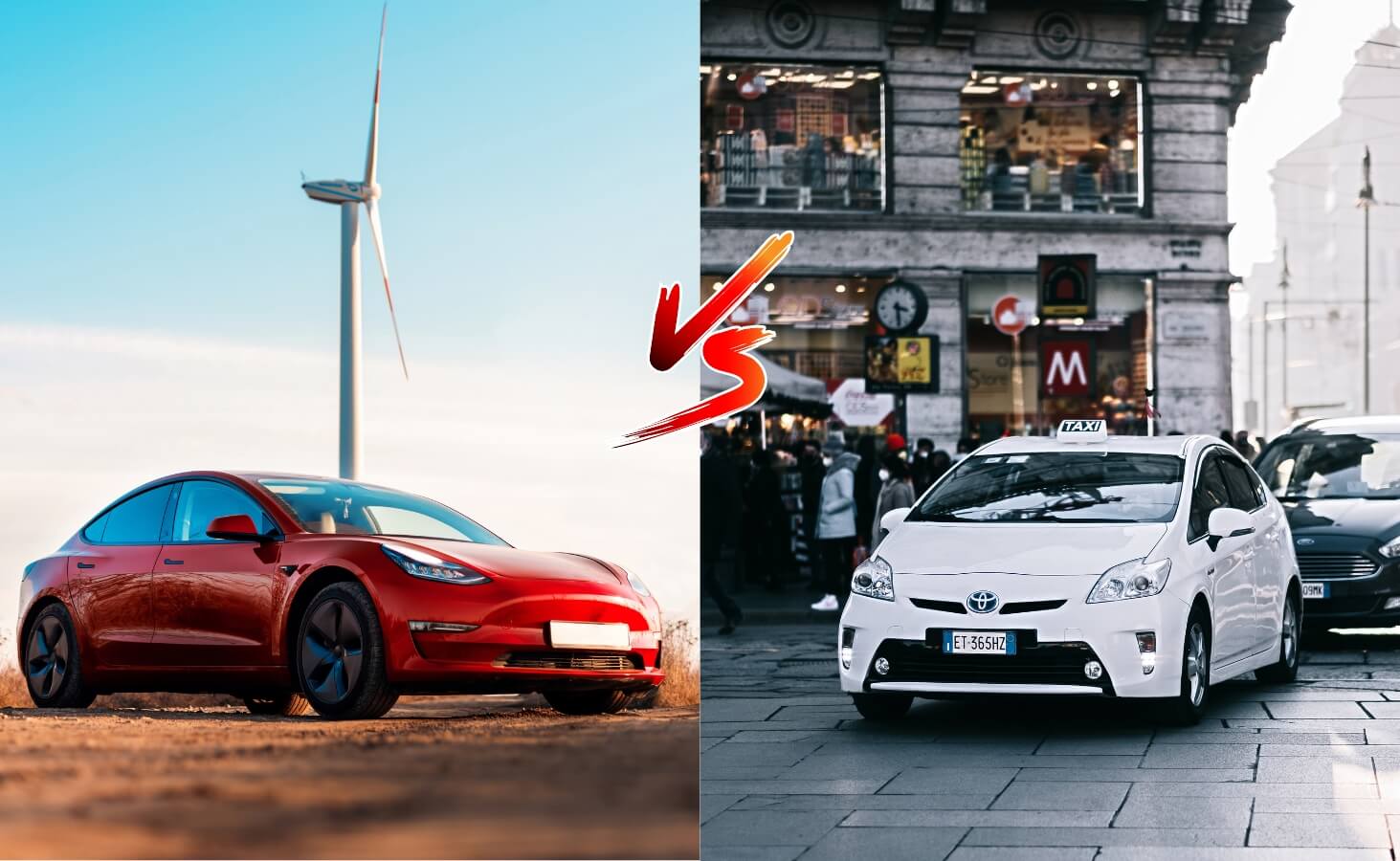
Cost Savings
Electric vehicles (EVs) offer significant long-term cost savings, with lower maintenance and operating costs compared to traditional internal combustion engine (ICE) vehicles. Factors like reduced fuel expenses, fewer moving parts, and governmental incentives contribute to the financial advantage.
Environmental Impact
EVs contribute to a cleaner environment by producing zero tailpipe emissions. As the world shifts towards sustainable energy sources, driving an electric vehicle helps reduce air pollution and decrease the overall carbon footprint, contributing to a greener planet.
Energy Efficiency
Electric motors are inherently more efficient than internal combustion engines. EVs convert a higher percentage of energy from the power source to the wheels, resulting in better energy utilization and, consequently, increased energy efficiency.
Lower Maintenance Needs
EVs typically have fewer moving parts compared to traditional vehicles, leading to reduced wear and tear. This results in lower maintenance requirements, saving owners both time and money over the lifespan of the vehicle.
Advancements in Technology
Ongoing developments in electric vehicle technology are continually improving driving ranges, charging infrastructure, and overall performance. With innovations such as faster charging times and increased battery capacities, EVs are becoming more practical and convenient for everyday use, dispelling previous concerns about range anxiety.
You’re not just saving money in the long run, as shown by Slye’s impressive $15,000 savings over five years with his Tesla Model 3, but you’re also doing your part for the environment.
Plus, with more charging stations popping up and EV technology getting better, going electric is a practical choice for today and a step towards a cleaner and greener tomorrow. So, when you choose an EV, you’re not just driving a new experience but a profitable one!
Bottomline
In summary, Andy Slye’s experience with his Tesla Model 3 highlights some smart reasons to consider an electric vehicle (EV). By saving a whopping $15,000 over five years, he’s shown that choosing an EV isn’t just good for the environment—it’s a wise financial move too. Most of his charging, about 94%, happened at home, making it super convenient.
Slye breaks down the costs, showing that even when factoring in electricity expenses, he still pocketed over $11,000 in savings. The benefits extend beyond just the dollars saved; EVs are also environmentally friendly, with no tailpipe emissions. Plus, ongoing advancements in technology will make electric vehicles more practical and efficient in the coming years.
Think of the upcoming times when EVs will charge faster than a visit to a gas station. How amazing those times would be! What are your views? Ready to save some money making a smart investment for your wallet and the planet?
Please share your views on the $15,000 savings with us in the comment section below.

















